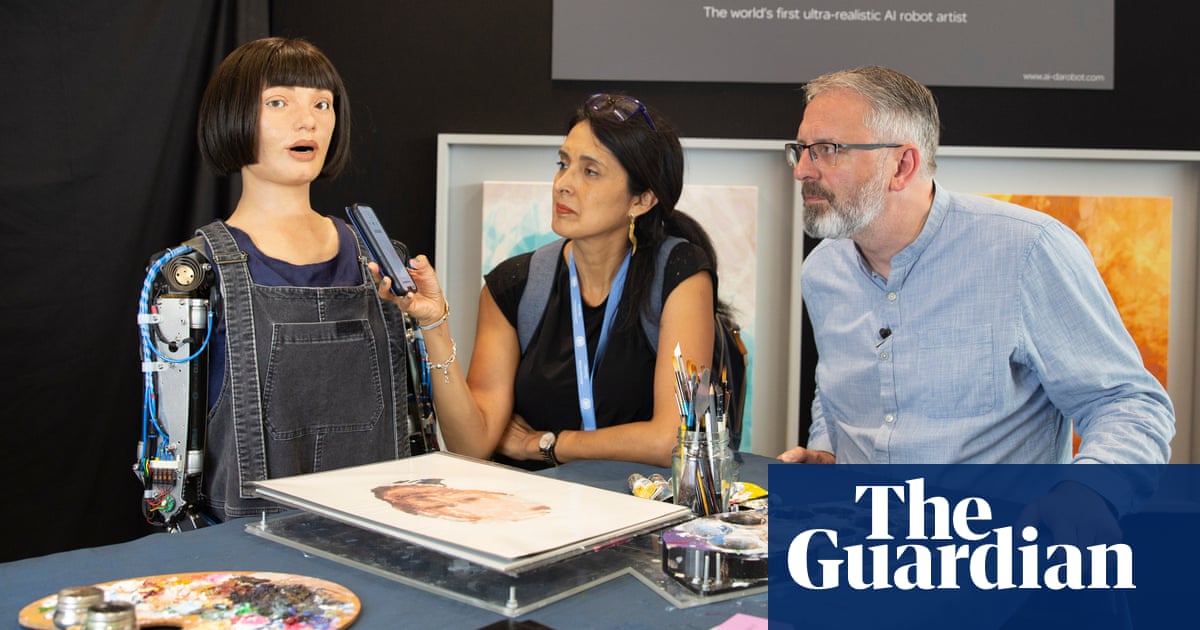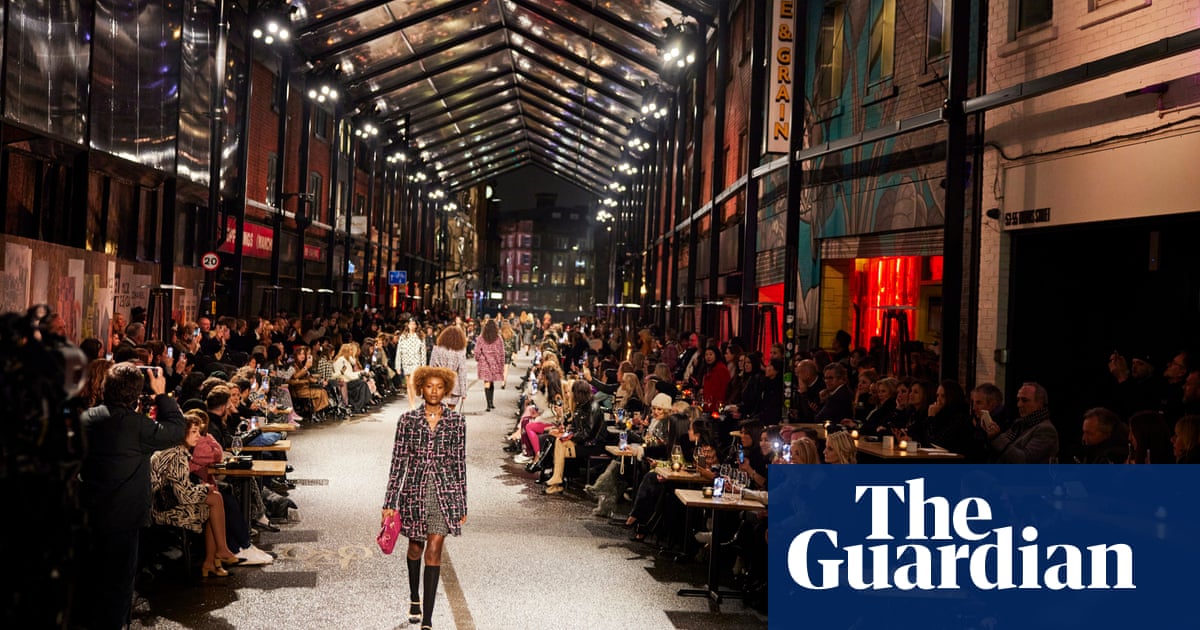
s a disabled writer, it has been a little strange to watch publishers rush to put on online events during the pandemic. Authors have been understandably worried about the impact of Covid-19 on sales and their relationship with their readers – book signings are pretty tricky over Zoom – but this sort of adaptation isn’t novel for all of us. When I released my book, Crippled, last year, my chronic illness meant I couldn’t do a traditional in-person book tour. Instead, I did several online events with book groups with audiences from Belfast to London, all from my living room. Everyone I worked with was kind and problem-solving, but I was very aware I was doing something rare. At times, I felt like the only disabled author out there.
Diversity in publishing has thank goodness been on the agenda of late, but there’s been very little mention of disability. Disabled people are the biggest minority in the world – one in five will have a disability, mental health condition or chronic illness in their lifetime – but the publishing industry is still disappointingly unrepresentative of us. A 2019 Publishers Association survey found only 6.6% of the workforce identified as having a disability, and there aren’t any available statistics on disabled authors. Another 2019 study found that only 3.4% of children’s books published last year had a disabled main character.
Disability, particularly in fiction, is often written about by non-disabled authors, a fact that sometimes sees damaging tropes perpetuated. Think of classics such as Treasure Island, where disability is a sign of evil; or modern bestsellers such as Jojo Moyes’ Me Before You, in which death is a positive alternative to life in a wheelchair. Disabled authors, meanwhile, find themselves trapped in a kind of catch-22: like many minorities, we are often expected to only write about our identity, then dismissed as niche if we do. When I wrote Crippled, I actively tried to include disabled voices – the book covers austerity and in the new edition, coronavirus, partly through the experiences of a dozen disabled people – because it is so rare for them to be listened to. It has been well-received, but I’ve still found myself having to argue that disability is a mainstream political issue, and that my book belongs alongside commercial political books, those typically written by non-disabled authors.
This isn’t to say that there aren’t incredible authors with physical and mental health problems making strides in the industry: Alice Wong’s Disability Visibility, Bryony Gordon’s Glorious Rock Bottom, Rebekah Taussig’s Sitting Pretty and Sinéad Burke’s forthcoming Break the Mould. But we should think about why disabled authors are still largely in the margins, and what we can do to address that.
In recent weeks, authors took to Twitter to share how much they were paid to write their books with the hashtag #publishingpaidme, and in doing so exposed the racial disparities in advances paid to black authors by big publishers. This sort of transparency would also be useful for disabled authors, especially black disabled writers, who are dealing with two inequalities compared to their white peers. On top of money, we must also inspect the subject matter disabled people are being permitted to cover. Books on disability need to be given more mainstream credit, but progress also comes when disabled authors are welcomed to write about relationships, politics or crime, just like any other author.
And if we want more disabled writers out there, we need to look at the rest of the industry. Publishing professionals – agents, editors, critics – shape how readers view disability, as well as whether disabled talent is either elevated or ignored. Helping get more disabled people in these positions of power will take a cultural shift, but there are also simple practical measures that will help – from ensuring internships at publishers are paid, offering remote or flexible working, to putting out job ads that explicitly ask for disabled applicants.
Disabled authors not only need the publishing industry to improve, but the industries around them – including the media, which decides how these books will be presented to their audiences. In one television interview about my book, I’ve been asked by a producer if I would be filmed “doing things around my house in my wheelchair” – something I doubt a non-disabled author would be asked. (I said no.) The more frequently disabled writers are given a platform, the less likely it is their disability will be fetishised.
All of this is the right thing to do, but it is not charity or compassion – it’s simply good business. Disabled authors will have different experiences to their non-disabled colleagues, and their inclusion will create richer storytelling. And there is so much disabled talent that is untapped, and waiting.
Crippled: Austerity and the Demonization of Disabled People by Frances Ryan is out now in paperback.












